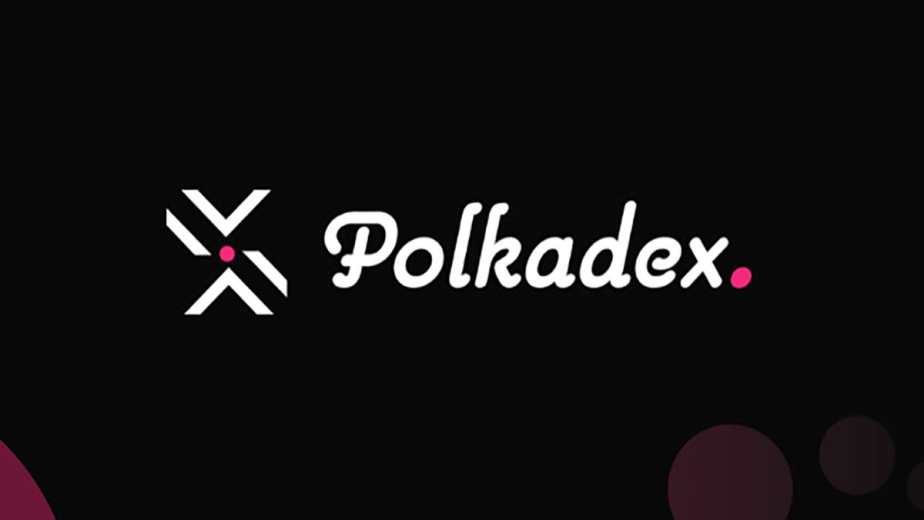Polkadex Joins Second Round of Parachain Auctions with Community Crowdloan

Decentralized exchange (or DEX) has been gaining a lot of momentum in recent years as investors attempt to bypass centralized traditional banks and trade directly with one another. Unlike the traditional financial institutions, Decentralised cryptocurrency exchanges allow the users to use a peer-to-peer (P2P) marketplace where transactions occur directly between crypto-traders.
However, as great as the decentralized exchange may seem, one platform is taking a hybrid approach. Polkadex is a decentralized exchange platform that looks to take the best parts of centralized exchange (CEX) and decentralized exchange (DEX) platforms and wraps them up into a holistic solution that preserves the self-sovereignty of funds and security while providing an intuitive trading experience.
Today, Polkadex announced its parachain bid, aiming to join the second round of parachains set for launch in March. To win a slot in the auctions, Polkadex has launched its own Crowdloan: allowing users to borrow DOT from the community to bid in the automated parachain auctions.
To reward contributions, Polkadex is distributing 10% of the total PDEX supply, equal to 2 million tokens. There are a number of additional bonuses for participants, including an early bird reward of 15% of the contributed amount, a 10% reward from referrals, and a set of exclusive NFTs reserved for the top 1000 contributors.
25% of the PDEX obtained in the Crowdloan is already following the unlocking of the post-parachain launch, while the rest will be distributed in a 96 week (about 22 months) linear vesting schedule. The PDEX token holds a number of utility functions in the Polkadex network, and is primarily used as the network fee token for the exchange. Additionally, PDEX holders will have governance control over the parachain and exclusive access to Polkadex IDOs, fee-less Polkapool swaps, and other initiatives. PDEX mainnet and the token is already live and tradable, which is an added benefit over many other parachains who will first need to go through a token launch phase. PDEX Crowdloan participants will thus be able to put their PDEX rewards to use as soon as they get their hands on them.

To participate in the Crowdloan, contributors have a number of options. The primary way is to use the Polkadot.js wallet to make an on-chain contribution through the Polkadot.js interface which offers an easy-to-use dashboard for placing funds in the Crowdloan in a completely decentralized way. Alternatively, Polkadex has partnered with Parallel Finance, Bifrost and Equilibrium to offer liquid Crowdloans. With this method, users can maintain access to their locked DOTs through a staking derivative, while earning additional rewards paid out in the respective platforms’ tokens. Additional information is available on the Polkadex blog.
Polkadex is a peer-to-peer and order-book-based exchange for DeFi built on Substrate that aims to combine the safe and non-custodial format typical of DEXs, with the accessible and user-friendly structure proper of CEXs.
In order to accomplish this objective, Polkadex combines AMM pools with order-books, governed by on-chain bots that work to avoid price slippage issues. Moreover, to create a performant and slim exchange, only the functions that require verification are built on-chain on Polkadex, while features like market data aggregation and storage happen off-chain.
“After building on Substrate for over a year, we’re in a prime position to join the Polkadot ecosystem directly as a parachain, so we’re really excited to begin our Crowdloan,” said Vivek Prasannan, Executive Director and co-founder at Polkadex. “We aim to become the largest order book exchange for Polkadot, supporting cross-chain liquidity from other parachain projects and beyond”.
Polkadex is a non-custodial, peer-to-peer trading platform that combines the benefits of CEXs and DEXs into one. Built on Substrate, Polkadex’s range of fully decentralized tools provides the liquidity of order books with the convenience and security of a decentralized exchange.




